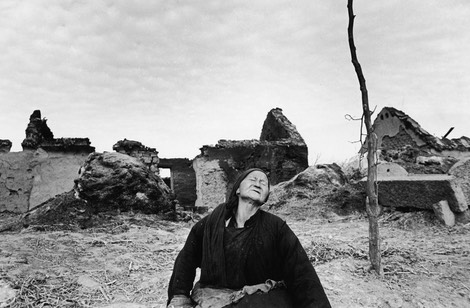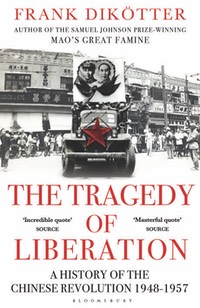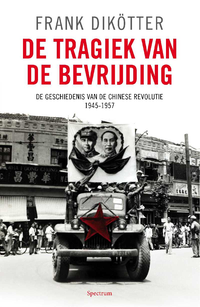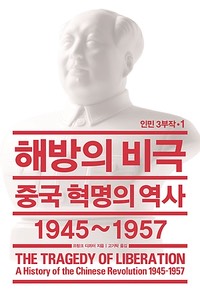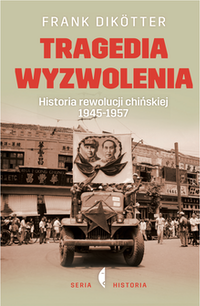Synopsis
The Chinese Communist party refers to its victory in 1949 as a 'liberation'. In China the story of liberation and the revolution that followed is not one of peace, liberty, and justice. It is first and foremost a history of calculated terror and systematic violence.
After a bloody civil war that followed the end of World War II, Mao Zedong hoisted the red flag over Beijing's Forbidden City in 1949. Instead of liberating the country, the communists transformed China into one of the worst tyrannies of the twentieth century, sending at least five million civilians to an early grave and bringing misery to countless more.
Frank Dikötter takes readers through an epic of revolution, drawing on newly opened party archives, interviews and memoirs to interweave the stories of ordinary men and women with the brutal politics of Mao's court. People of all walks of life were asked to write confessions, denounce their friends and answer queries about their political reliability, whether or not they supported the revolution. One victim of thought reform called it a 'carefully cultivated Auschwitz of the mind'.
Meticulously researched and written with great narrative sweep, The Tragedy of Liberation is a groundbreaking document that casts new light on the foundations of one of the most powerful regimes of our times.
For reviews click here.
For a sample click here.
Bloomsbury, September 2013, pp. 440
Translations in Mandarin, Korean, Dutch, Portuguese, Spanish and Polish.
Translation, Film/TV: Andrew Wylie
